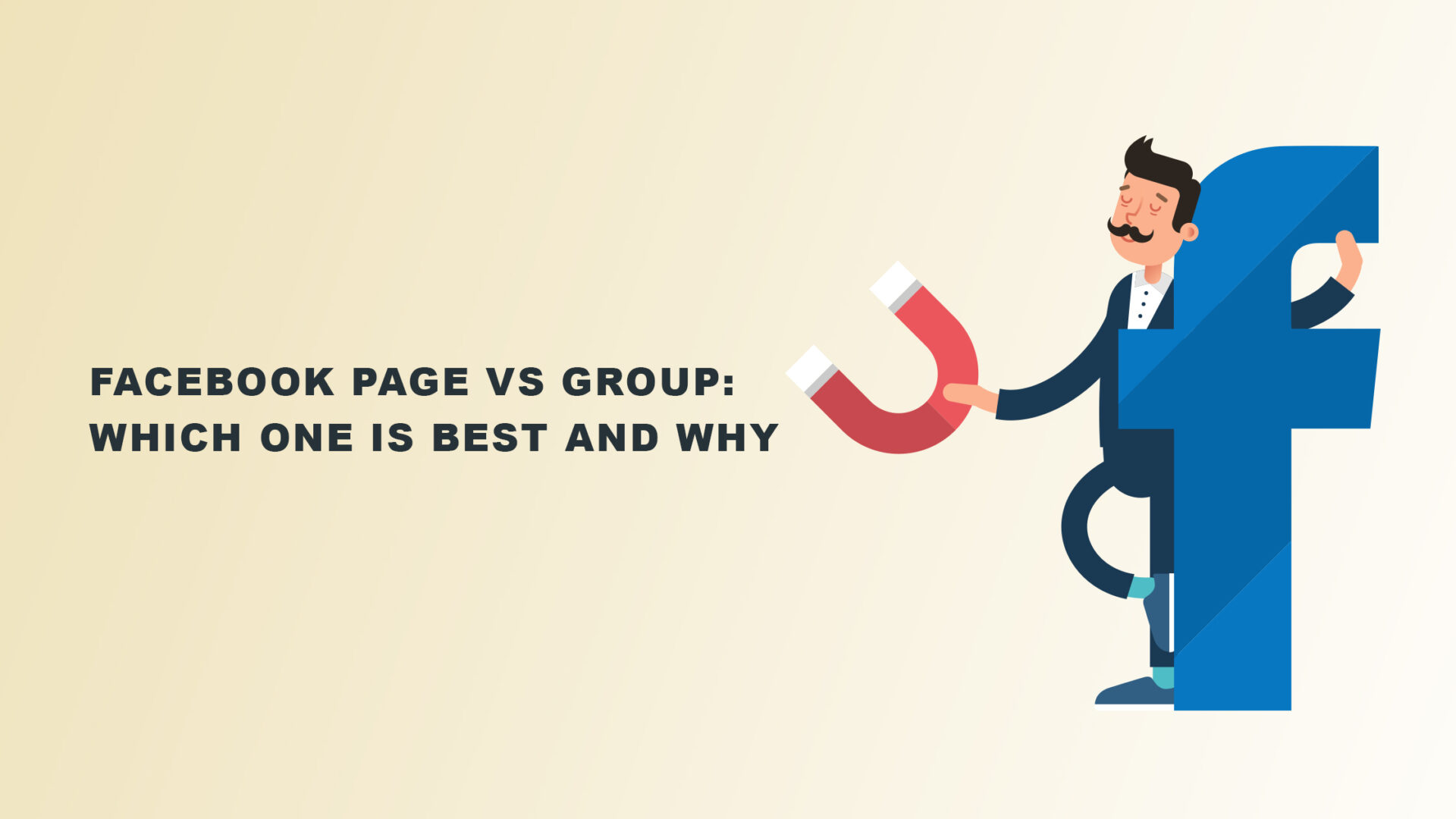Facebook page vs group: Which one is best and why? My response is that it depends. This article will review the differences between each to decide if one is worth it over the other. It will also look at what factors to consider.
Being on social media is almost mandatory for businesses these days. But the question is no longer whether you should be on Facebook, Twitter, or Instagram but what type of account you should have on these platforms.
There are a few significant differences between Facebook pages and groups. We’ll discuss each of these, but first, the fundamentals.
What is a Facebook Page?

A business Facebook page is essentially a non-personal profile page. It can be a company, brand, organization, or profile. Facebook pages can also be for public figures such as politicians and celebrities. Pages are distinct from standard Facebook profiles because many people can manage them. They can get liked or followed by anyone on Facebook, and you can monetize or promote them.
The long and the short of it: Create a Facebook page if you wish to share personal information. Create a Facebook business page if you want a place to post content from a company or organization.
What are Facebook Business Pages?
Similar to personal profiles on Facebook, Facebook business pages put emphasis on your organization. The focus is on a public institution rather than on an individual person. And it doesn’t matter whether it’s a business, nonprofit, special initiative, or you as a public figure. Once your page is configured, you can post updates using a similar process to updating your personal profile.
People may leave comments on your updates, just like they can on your own page. People who “like” your page don’t become “friends” they follow it. Once they’ve liked your page, their Facebook news feeds will start to display your posts.
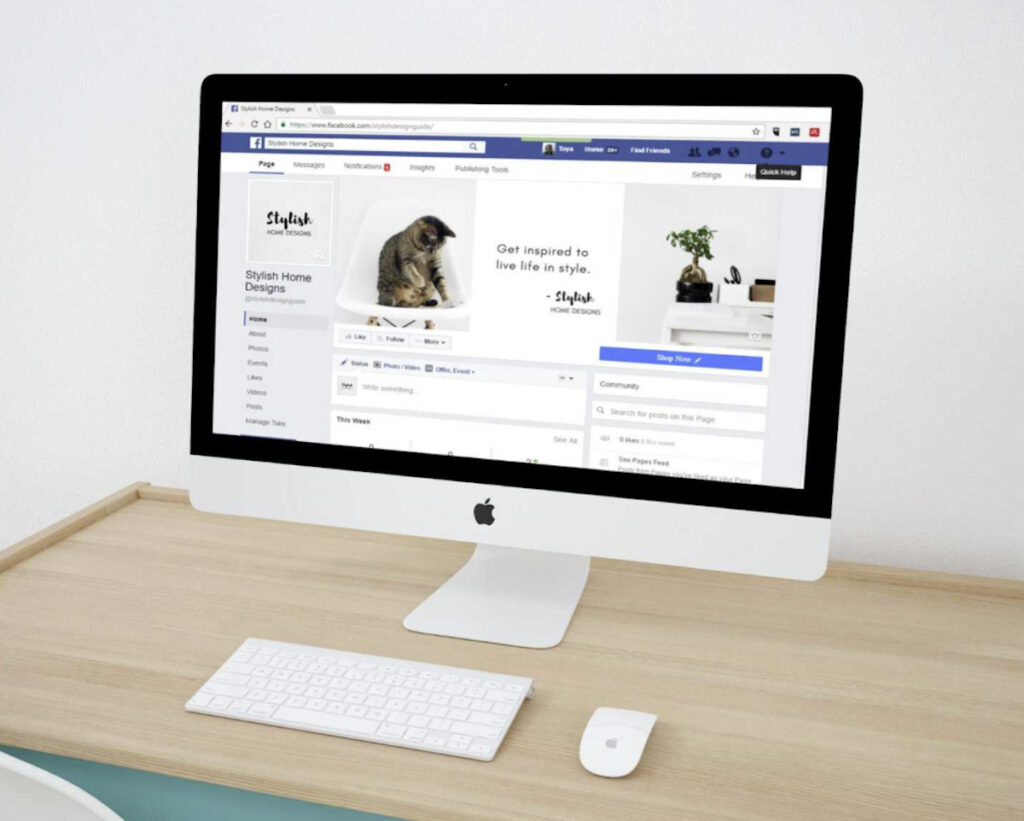
Some of the most important features of Facebook pages:
- Brand or company profile information; this includes description, contact information, location, and operating hours.
- An analytics tab that tracks follower engagement and post reach.
- An optional reviews feature.
- Messaging functionality allows followers to communicate with the page’s administrators.
- The ability to verify the legitimacy of a page (like Twitter’s verified status).
- Page posts get prioritized on the landing/homepage.
- The Community Tab provides access to follower or community posts.
- The page can link to groups.
What is a Facebook Group?
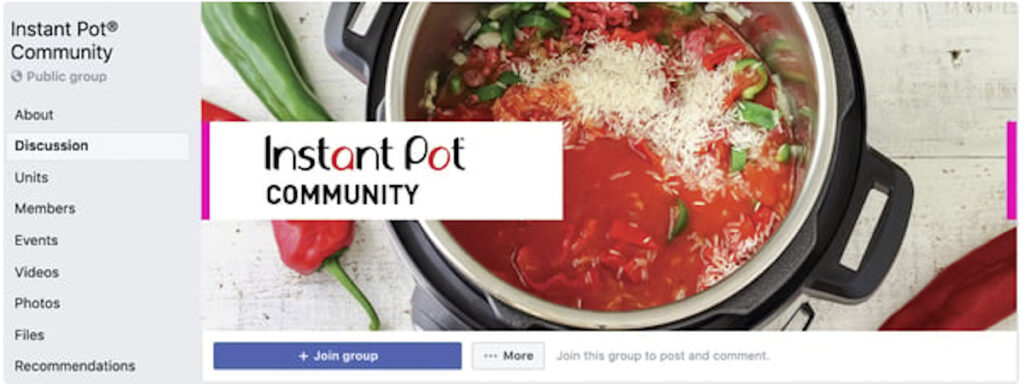
A Facebook group is for people who share a common interest. Groups can be an excellent way to provide a sense of community for your company. Many people offer private groups to members to support them. This is an alternative to forums. Forums may not be appropriate for specific situations or audiences. The visibility of groups frequently determines how the group is configured and used.
- Page admins and members can view your personal Facebook profile.
- Facebook Groups operate differently than Facebook pages. They can be set up as Open, Closed, or Secret Groups. The classifications determine who can see the group, its community members, its posts, and its activities.
Open Groups
Anyone can find the group through a search. They can view all content and join as a member.
Closed Groups
You can find the group if you run a search. You can see who is in it but not the content posted.
Secret Groups
No one can find or see the group’s content, and members must be specially invited in.
Facebook Page vs Group: Tools and Resources
If you’re new to Facebook, you might be unsure how to approach it. Fortunately, plenty of free resources and low-cost tools can assist you. Here are some excellent ones.
Facebook Business Manager – Helps you organize and manage your Facebook business. You can see the posts from all the pages you manage. You can also respond to messages, view insights, and run ads.
Canva – A free online design tool with pre-made templates. You can create beautiful graphics for social media posts incredibly easily.
Fiverr Social Media Freelancers – An excellent resource if you don’t have the time and expertise to manage your Facebook presence. You can hire social media freelancers at a variety of price points.
Hootsuite – If you manage many social media channels Hootsuite is a great tool for streamlining your workflow. It allows you to see, schedule, and post to your social media accounts in one place.
Facebook Page vs Group: What’s the difference?

The biggest difference between a Facebook page and a group is that one consists of a contributing community, while the other does not. Differences also include their purpose, user interaction, analytics, and more. We’ll discuss all of these aspects below.
Purpose
It’s critical to understand the differences between Facebook pages and groups. As mentioned above – a Facebook page is like a profile, but it is public, so anyone on Facebook can see it. Businesses, celebrities, and other organizations can establish a presence on the platform. Users can see updates and notifications in their news feed.
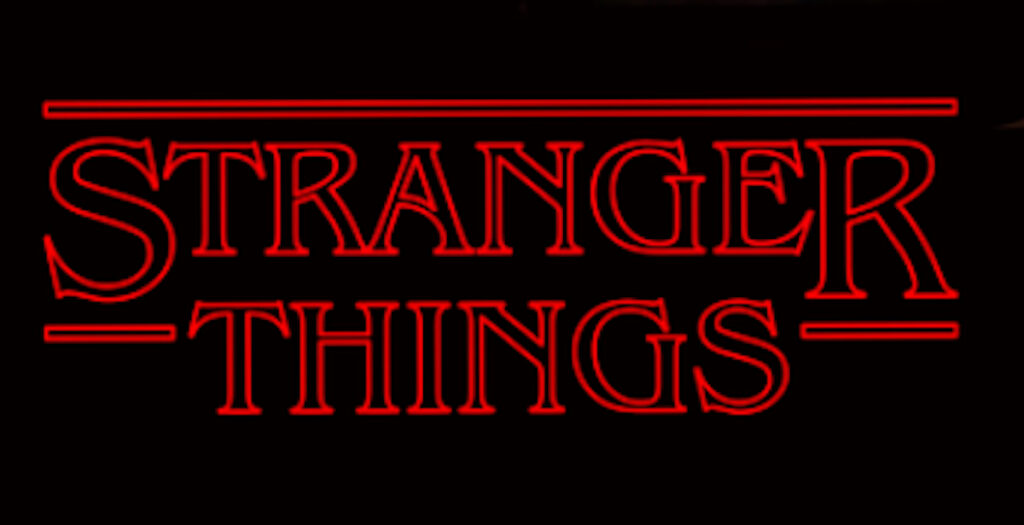
For example, the official Facebook page for “Stranger Things.” It will share genuine announcements and news on the series. Fans can get show updates, new episodes, and comment on shared news. (Stranger Things’ 4th season is the most-watched Netflix TV show of all time.)
Pages on Facebook are places for artists, public figures, businesses, brands, organizations, and nonprofits to connect with their fans or customers. When someone likes or follows a Facebook Page, they will begin to see updates from that page in their News Feed.
Facebook groups, on the other hand, allow users to connect with others who share a common interest on the platform. It can also host online community discussions or events.
Users can also foster connections beyond their immediate circle of friends. Groups have evolved into a safe space for users to interact. You’ll see people engaging with like-minded folks.
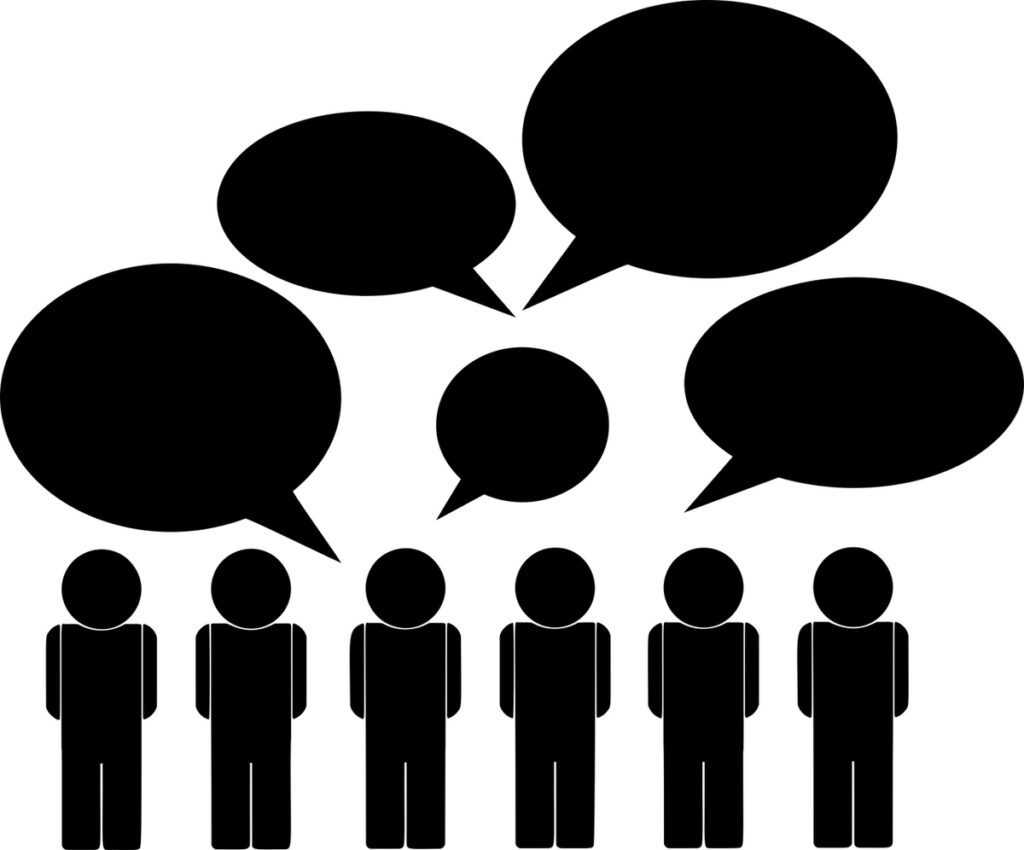
Content
News and current events are excellent topics to create content for your Facebook page. Combining images and quotes is a simple and effective way to engage your audience. Research indicates video posts have a hefty 13.9% organic engagement rate. Video content tends to perform well.
Group content is likely to dominate your newsfeeds. People interested in the posts may want to hear more from their families, friends, and groups. Various groups appear frequently and at the top of your feeds. Like-minded people are often very active in the Groups they join. And being active is a critical component of the community-building feeling they were aiming for.
Access
Facebook pages are mainly open to the public. Everyone on the platform can see them.
But, a Facebook group can be both public and private.
You can choose to ask group members questions before granting them access to the group. This feature allows you to decide who can join the group.
Facebook recently added the ability to monetize your page and group. The rules are quite strict so it’s advisable to check them carefully. Here’s a brief list of what you can use to monetize your Facebook group.
- Include ads in your video
- Insert ads in your articles
- Design and add a subscription shortcut
- Brand collaboration
- Earn from your live videos

Facebook groups are created to foster discussions. They can be anything, including topics of interest related to your product or service. You can interact with your audience and add value to their experience. Facebook group members can actively take part in a discussion or can start their own discussion chain.
Organic Reach
A Facebook page’s reach is frequently lower than group posts. A Facebook group is formed to foster exciting connections. Since you choose to take part in those discussions, they appear in your news feed and notifications. These will drive traffic to each post.
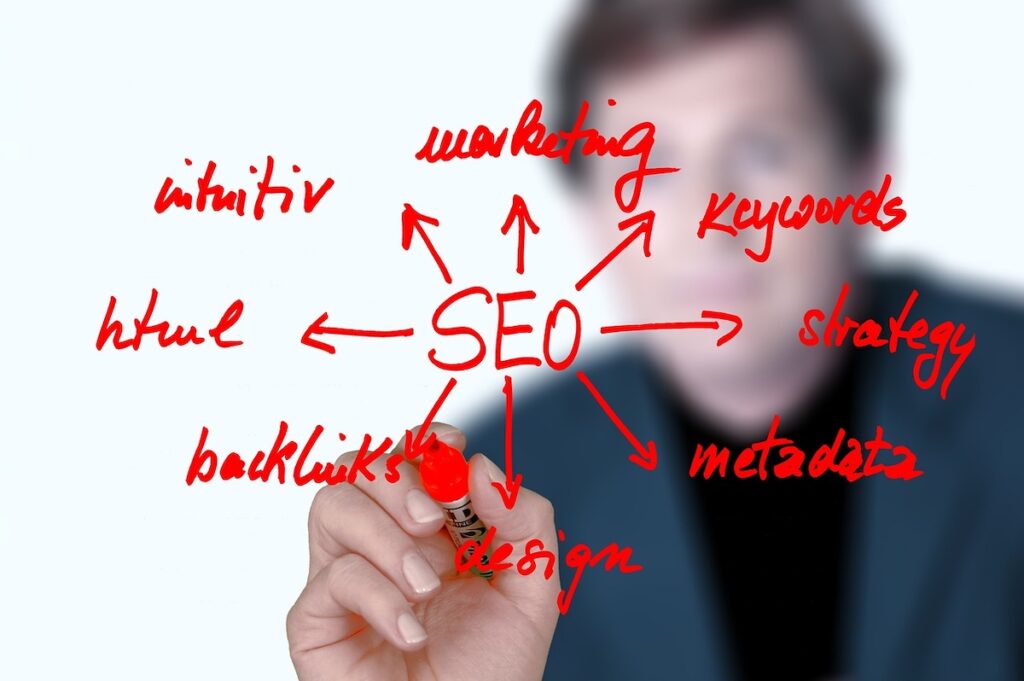
Posts on a Facebook page depend entirely on the Facebook algorithm for newsfeeds. You will almost always have to pay to reach your target. Users who haven’t interacted with your previous posts are less likely to get more.
Maintenance
A Facebook page needs regular posting for your audience to interact with your business. Only when you post will something appear in the feed and reach the people who have liked your page. If you don’t start posting regularly, your page will most likely go unnoticed.
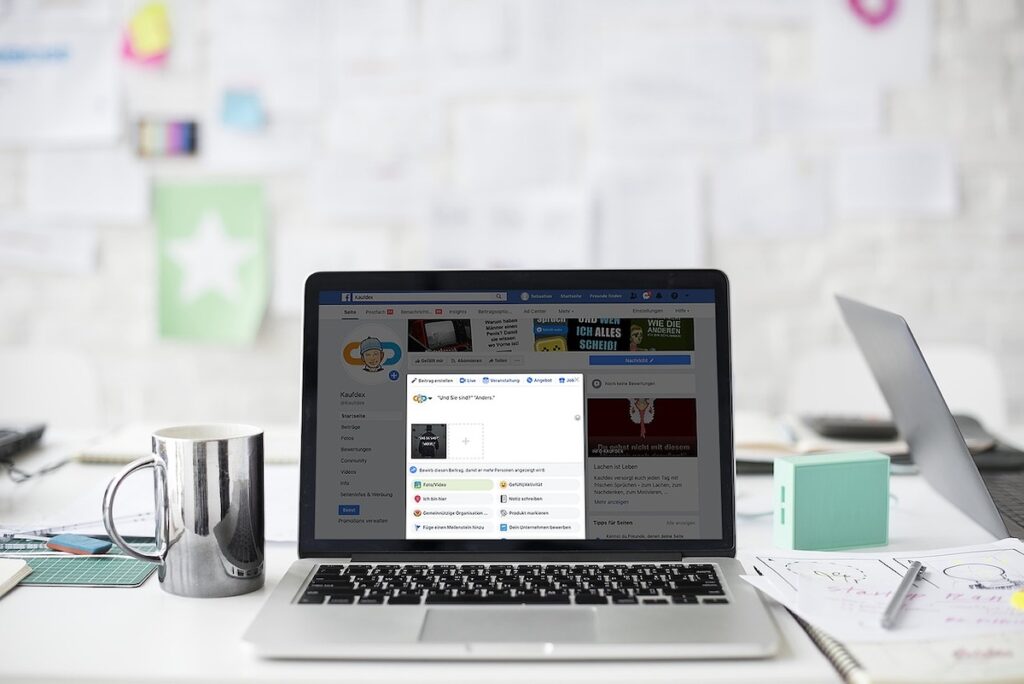
Facebook groups, unlike pages, are self-sustaining. People will interact and share content and perspectives once you sow the seeds of interest. Then they’ll start conversations in the group. An engaged group doesn’t need constant attention. But you may need to revive it and encourage more engagement if it falls silent.
Analytics and Insights
User analytics and audience insights are essential to social media marketing for a business. Administrators of Facebook pages can learn more about the audience’s engagement, post reach, demographics, and other analytics.
None of these analytics options are available to groups. The only available information is the member list and a summary of recent activities.
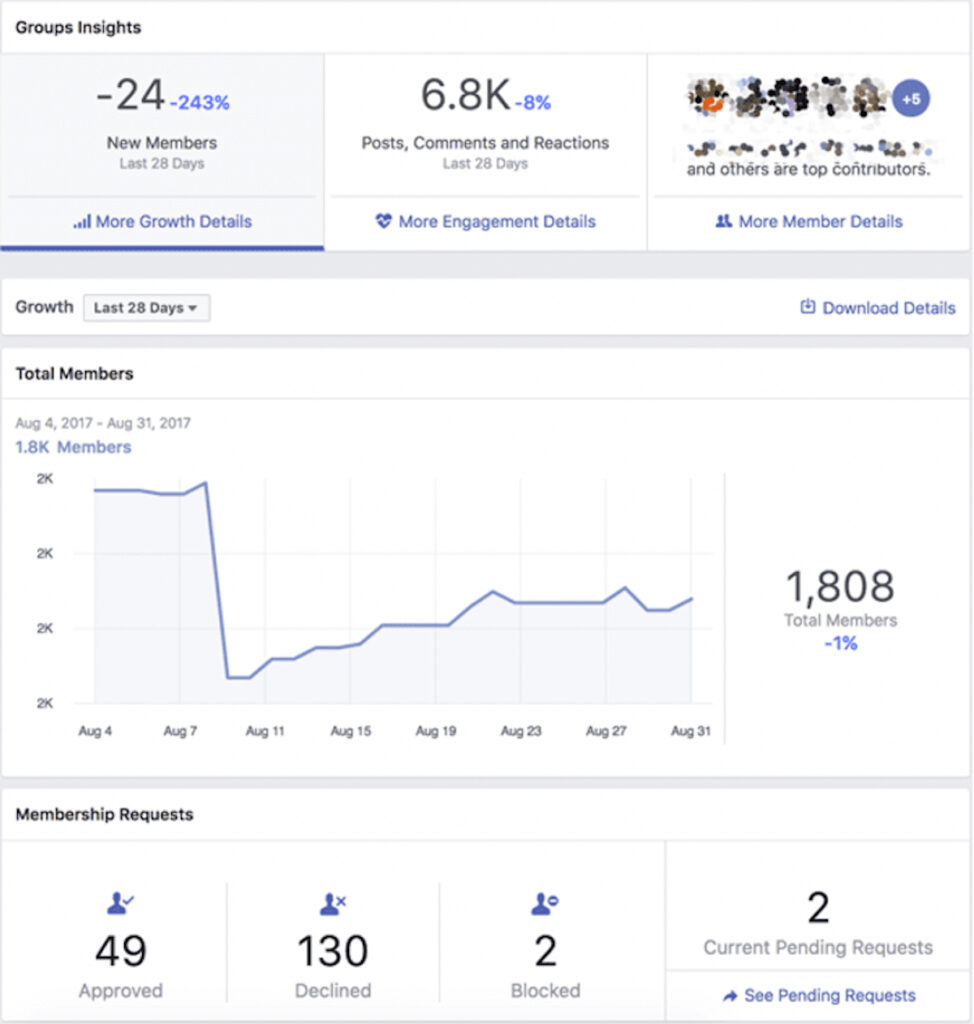
Facebook group insights offer metrics about your group, such as member involvement and activity. Admins can use group insights to:
- Understand how group members interact with one another.
- Find out which group members are the most active.
- Discover which posts receive the most interaction.
You’re constantly interacting and engaging with your audience in a group. Thus creating a space for them to reach out directly to you.
Facebook Page vs. Group: Pros and Cons
Facebook groups vs pages: Both have positives and negatives. We’ve summarized the benefits and drawbacks of each. Plus, the scenarios where they’re most useful.
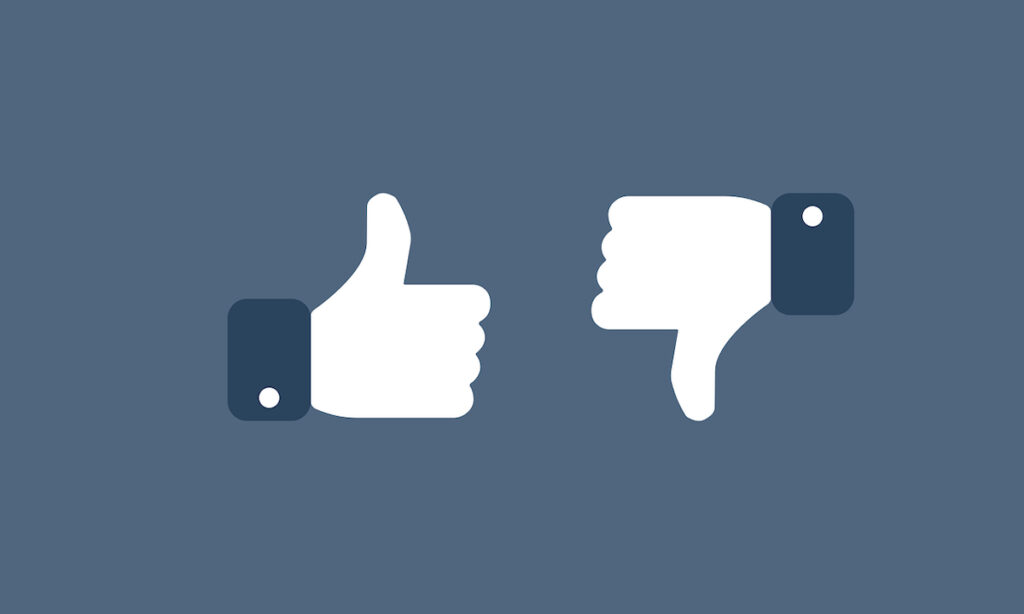
Facebook Page: Advantages and Disadvantages
Most of the benefits of Facebook pages come from their marketability, centralized control, and broad reach.
You can boost posts, for example. This means that they appear in the feeds of users who have never interacted with the page.
Furthermore, the admins of a page control what posts appear in the main feed. This is great because you don’t have to worry about spam or irrelevant posts.
Other benefits of Facebook pages include the following:
- You can target your paid ads to specific demographics.
- Unless admins manually link themselves, Facebook does not link admin profiles to the page.
- You receive analytics for your page. These get more detailed as the number of followers increases.
If you have a specific brand you want to promote, Facebook pages are the best place to start. You can also track your page followers versus likes’.
Some of the drawbacks of Facebook pages are as follows:
- Because pages are public and visible to everyone by default, they are not suitable for private use.
- It’s super easy for users to set up pages impersonating your brand or company.
- If you are inactive as an administrator, your page’s feed will become inactive.
Furthermore, your posts may only have a limited reach even if you increase your following. This is because Facebook wants page owners to pay to boost posts.

Facebook Group: Pros and Cons
The main benefits of Facebook groups are the ability to ease community discussion and implement privacy controls.
The benefits of Facebook groups include the following:
- Greater control over the privacy of members and posts.
- The ability to set group rules and establish a code of conduct.
- Users that don’t follow group rules can be banned or removed.
The admin’s work in keeping a group active isn’t as demanding as it is with pages. If you can’t access your computer for a few days, the group discussion can easily carry on without you. Unless, of course, all posts need your approval.
Disadvantages of Facebook groups
- Limited reach and content monetization.
- Moderation may become more difficult as groups grow larger.
- Admins’ personal Facebook profiles are visible to all group members.
Moderating group discussions can take up a significant amount of time. A large community means more work for admins, even with moderating tools. This is especially true for groups that discuss sensitive topics like politics or religion. Discussions in these groups frequently become online brawls, necessitating admin intervention.
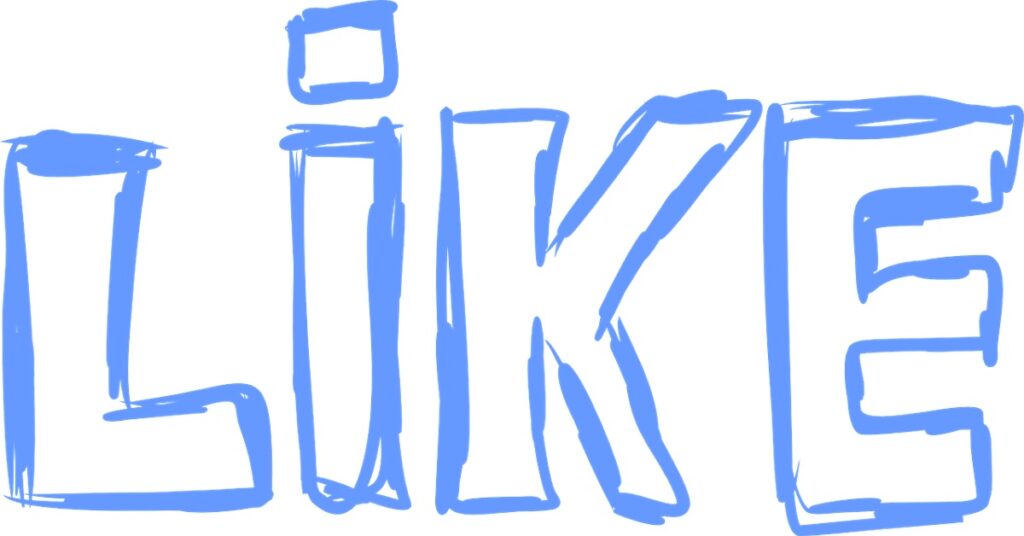
Facebook Page vs Group: Which is Better for Running Ads?
There are some significant differences between advertising on Facebook Pages and Facebook Groups. Here are some key considerations:
Size of your reach: Facebook Pages have a much larger potential audience than Facebook Groups. Facebook Pages have over 2 billion active users.
Options for targeting: Facebook Pages provide more options for targeting than groups. You can target your ads with a Facebook Page based on location, age, gender, interests, and behaviors.
Budget considerations: Facebook Pages need a larger investment than groups. A Facebook Page’s cost per click (CPC) is typically higher than a Group’s CPC.
Amount of engagement: Facebook Pages are typically less engaged than Facebook Groups. You can reach a bigger audience with Facebook Page. But you’ll get less engagement.
Conversion rates. Rates for Facebook pages are typically lower than those for Facebook groups. A Facebook page will allow you to reach a larger audience but will result in fewer conversions.
It’s wise to truly understand the key differences between running ads on a Facebook page or a group. Depending on your business goals, one may better suit your needs than the other.
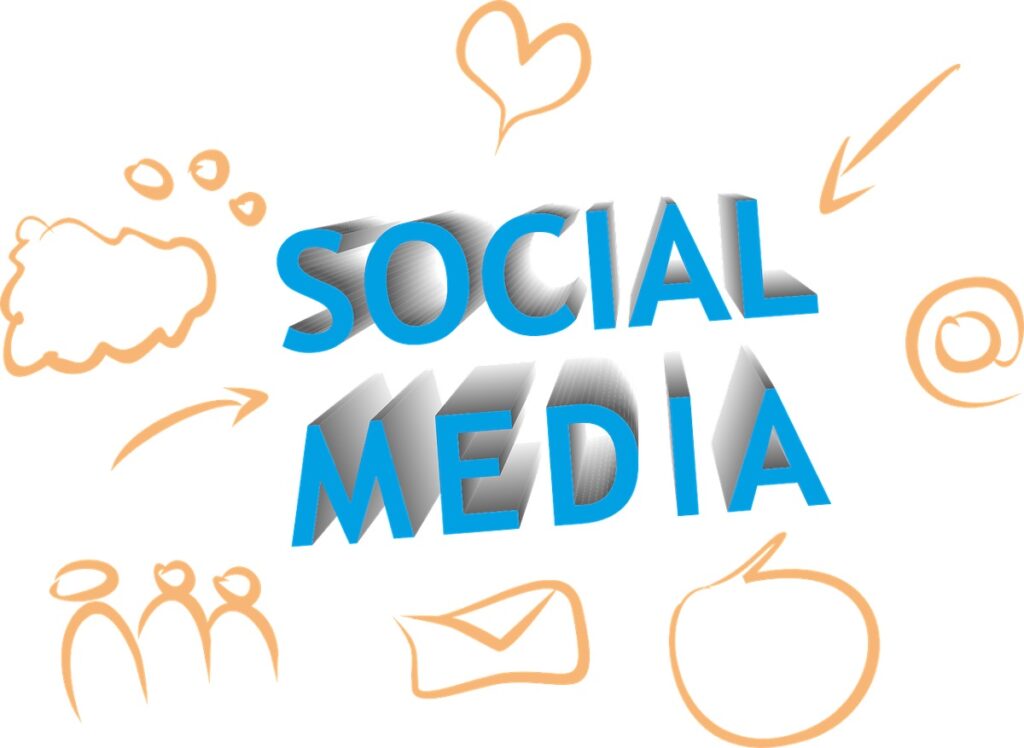
Summary – Facebook Page vs Group: What’s the Difference?
| Facebook Page | Facebook Group | |
| What it’s for? | To establish a connection with their community or audience. (Companies, organizations, and public individuals) | Virtual space where members can connect, share, and collaborate with one another on a specific topic or idea. |
| Search Engine Indexing | Available | Available |
| Targeted Posting | Lets a particular demographic audience get messages while deactivating it for other members. | Not available |
| Applications | Can add apps to change the pages | Can add apps to help manage the group |
| Membership | Public | Open or Private or Secret or Closed |
| Engagement Analysis | Available | Not available |
| Widgets | The widget ‘Become a fan offered to improve user experience. | None available |
| Vanity URL | Available | Available |
| Visitors are known as | Fans | Members |
| Facebook Page | Facebook Group |
Final Thoughts: Facebook page vs group
One of the best strategies is to create a Facebook page and use it to join relevant Facebook Groups. Make sure your posts are of real value and not all controversial.
The original goal of Facebook Pages was to provide a way for brands to distinguish themselves from regular Facebook users.
As a result, Pages have seen a lot of development as the primary tool for brands over the years. This is definitely true when it comes to Facebook advertising.
You can use a Facebook group to collect emails and create a solid conversion strategy. The point here is to avoid getting caught up in the numbers game. A strong content strategy in a group can result in rapid conversions.
Potential customers and existing customers can easily interact with you and one another. They’ll act as personal ambassadors for your brand until it is well-known enough to thrive on a Facebook page.
So, we hope you have enough information to decide. Facebook page vs group: Which one is best and why? Or, why choose? You could have both!

